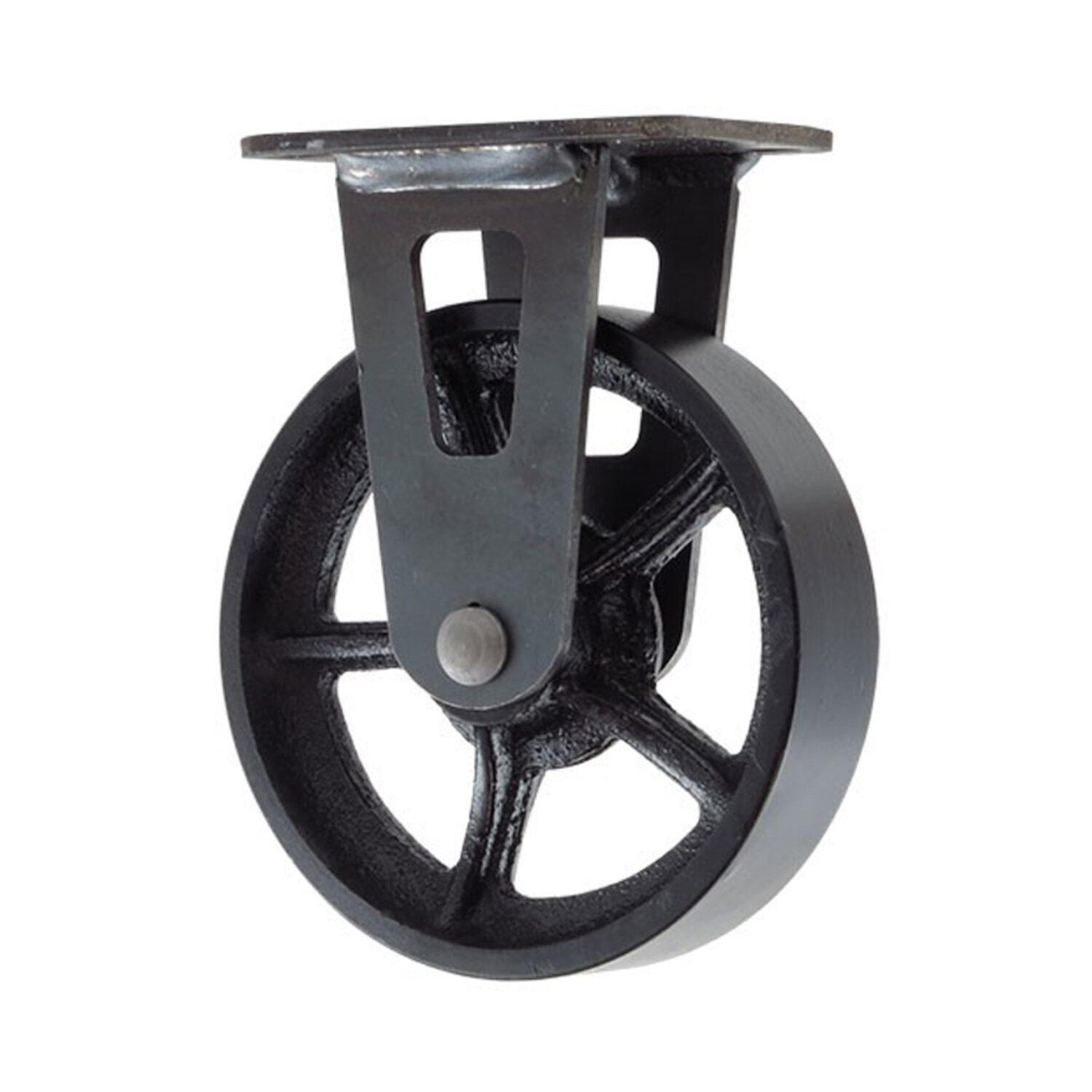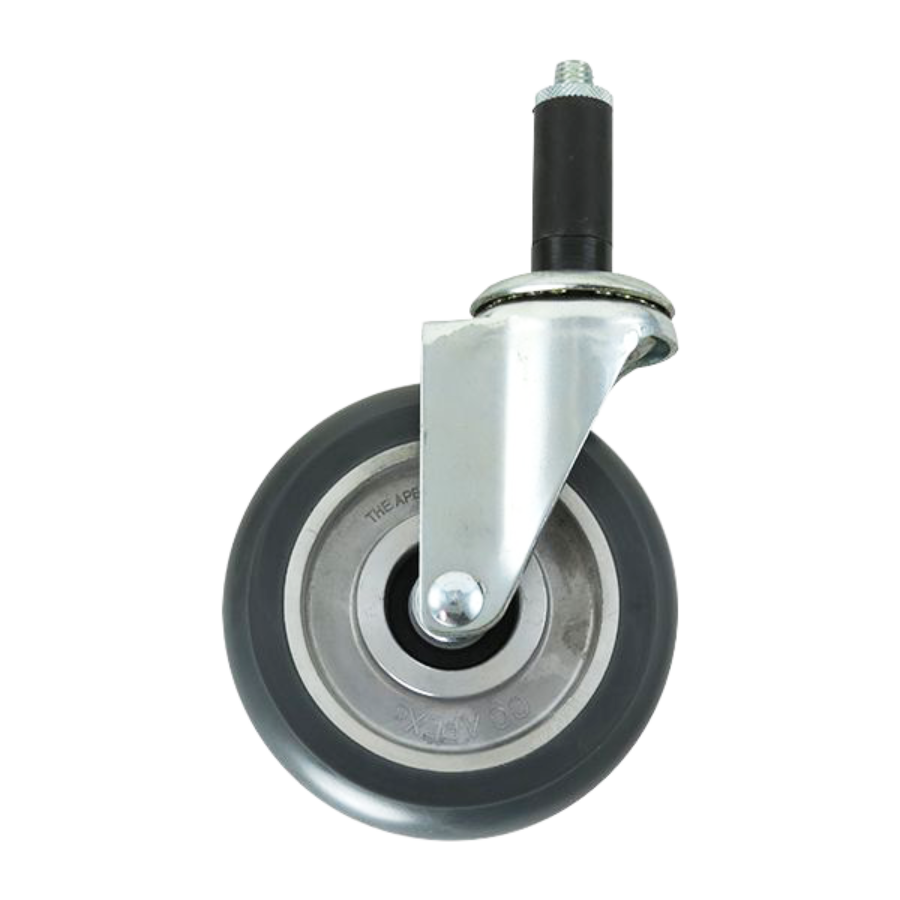Die casting is a versatile, efficient and economical process for producing engineered metal parts.Die casting offers a broader range of shapes and components than any other manufacturing technique.The die casting process requires a steel mold. These reusable steel molds, called dies, can be designed to produce complex shapes with a high degree of accuracy and repeatability.The dies are mounted into a machine that injects molten metal into the dies under high pressure. Once the molten metal has solidified, the die is opened and the casting is ejected from the mold. The die is then closed and the process starts over.
China Manufacturer Custom Aluminum Casting Die Wheels & Pulleys Mold Casting


The Aluminum Casting Process
Modern Aluminum Casting offers a variety of methods in the casting process that include sand, mold, and die to name a few. Each of the various methods have their benefits and produce high quality parts. When making a choice of the casting types, several factors have to be considered such as the size of the part, quantity required, surface finish, and the requirements of dimensional accuracy.
There are many reasons to choose aluminum casting die by Papler Industry for your aluminum cast parts. We are able to offer high quality parts quickly and make them immediately available. The aluminum castings processes are inexpensive and produce parts that are very strong and sturdy. Seeing as aluminum is customizable, we can offer parts in many shapes, forms and any type of complex design. Modern Aluminum Casting offers finished parts that require very little machining since the parts come out of the mold in nearly perfect shape.
The casting process begins with you and your design. In most cases, designing is a collaboration between Modern Aluminum Casting and our customers. Using highly advanced computer software, expert personnel develop the proposed cast to be produced to your specifications. A temporary mold is sent on to the shop for the purpose of making a prototype for you to inspect and approve. Once accepted, a permanent casting is created for production in technically advanced facilities.

Permanent mold casting
Permanent mold casting uses steel or other metals to create the mold and cores. It is used to make repeatable parts that are consistent throughout a run. The molten aluminum is poured into the mold where it cools very quickly to create a very consistent microstructure that improves its mechanical properties.
Sand casting
In the sand casting process, a mixture of sand is packed around the desired shape of the product. The sand pattern is slightly larger than the final product to allow for shrinkage during cooling. Sand casting is a very economical method for casting aluminium given that the sand can be used multiple times to produce a variety of parts. It is perfect for large molds or parts that are highly detailed. The tooling process is inexpensive and is designed for the production of specialized or custom parts.
Airset/nobake casting
Airset/nobake casting is a type of sand casting involving the creation a mold from chemically treated sand. It offers a better surface finish on the final product and a tighter dimensional tolerance. The mold for this sand method can be created quickly, but the cast part may have a slightly rougher finish. A benefit of airset/nobake casting is the consistency from part to part with few surface defects.
Types of aluminum alloys
Modern Aluminum Casting offers the highest quality aluminum that has been combined with an alloy to increase its strength. Since aluminum is a lightweight metal and is three times lighter than iron, it has to be mixed with alloys for the manufacturing process. Though it has a low density, it is still very strong with a tensile strength of 70 to 700 MPa (strength). It can be easily machined and is malleable enough to be extruded. To add to its strength and resiliency, it is alloyed with various metals such as silicon, iron, copper, magnesium, zinc, and several others.
Due to the fact that pure aluminum is ductile, in the manufacturing process, it has other metals added to increase its strength. The combination creates a very strong, corrosion resistance, and inexpensive product. By working with Modern Aluminum Casting, we can help you to carefully choose the proper alloy then have it adjusted and fine-tuned for any purpose.
The Aluminum Association Inc. registers the various aluminum alloys beginning with series 1000, which is 99% aluminum, to 8000. The higher the number the stronger is the mixture of aluminum and the alloy. The categorization is by thermal and mechanical treatment and the alloy that has been added to the aluminum. The type of alloy determines the characteristics and application of the final product.
